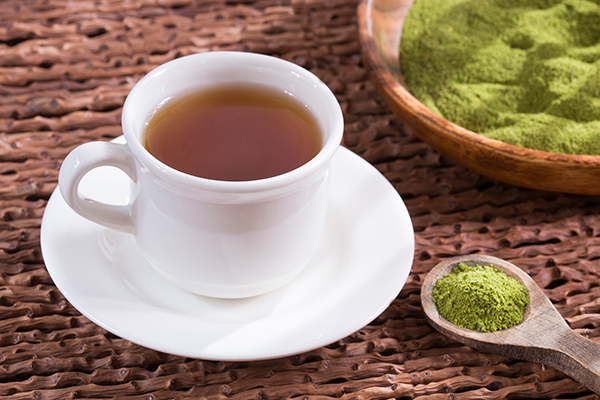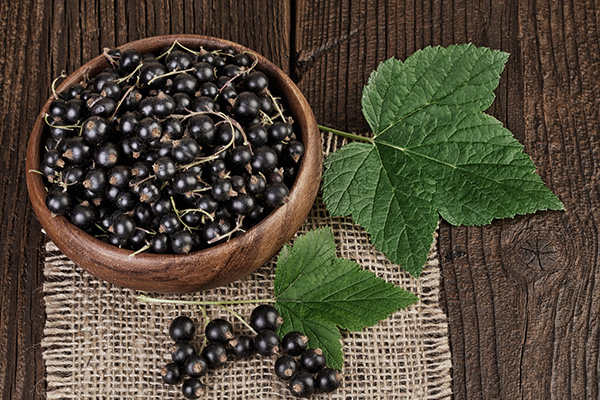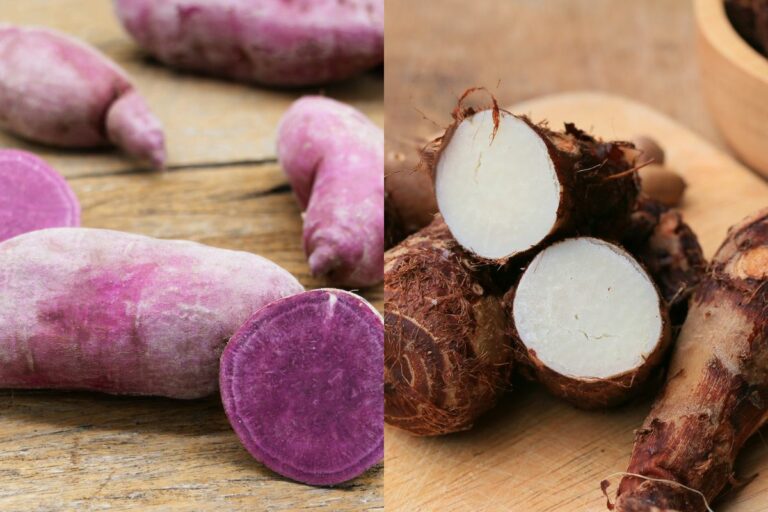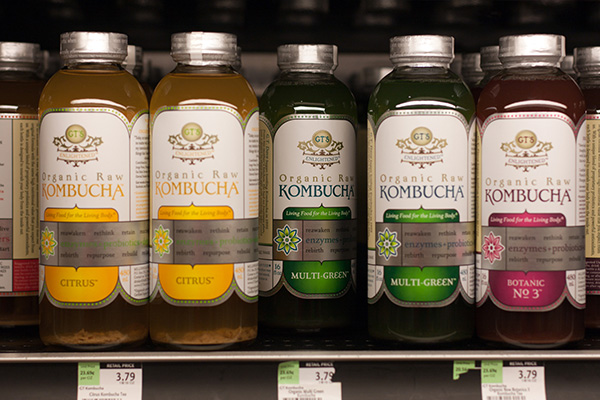Moringa Tea: Benefits, Side Effects, and How to Make It
Moringa tea is a refreshing herbal infusion made from the dried leaves of the Moringa oleifera tree, native to tropical and subtropical regions like India, Pakistan, and Africa. Revered in traditional medicine for centuries, this plant has garnered interest in modern science for its nutrient-rich profile and potential health benefits.

Potential Health Benefits of Moringa Tea
Here are some of the potential health benefits associated with Moringa tea, each supported by research and historical use.
Rich in Antioxidants
Moringa tea is known for its high antioxidant content, including flavonoids and ascorbic acid. These compounds help combat oxidative stress in the body, which is linked to chronic diseases like heart disease and cancer.
Promotes Heart Health
Studies suggest that Moringa can help reduce cholesterol levels, a risk factor for heart disease. The plant’s anti-inflammatory properties may further contribute to heart health.
May Support Blood Sugar Control
Moringa has shown promise in helping to control blood sugar levels, potentially benefiting people with diabetes. However, more research is needed in this area.
Nutrient-Dense
Moringa leaves are packed with essential nutrients such as vitamins A and C, calcium, potassium, and protein. Drinking Moringa tea could contribute to your daily nutrient intake.
Moringa Tea Side Effects
As with any herbal product, Moringa tea may cause side effects in some people.
Gastrointestinal Discomfort
Consuming Moringa tea might cause mild digestive issues, including nausea, diarrhea, or heartburn, especially when consumed in large amounts.
Hypotension and Hypoglycemia
Moringa’s potential to lower blood pressure and blood sugar can be a drawback for individuals who already have low levels. Overconsumption may cause hypotension or hypoglycemia.
Interactions with Medications
Moringa may interact with certain medications, including blood thinners. If you are taking any medication, it’s essential to consult with your healthcare provider before incorporating Moringa tea into your routine.
Who Should Not Drink Moringa Tea?
Pregnant women are generally advised to avoid Moringa tea because it contains certain compounds that could potentially induce labor. Individuals with low blood pressure, low blood sugar, or those on specific medications should consult a healthcare provider before consuming this tea.
How to Make Moringa Tea
Preparing Moringa tea is as simple as it is soothing:
- Boil 8 ounces of water in a pot.
- Add 1-2 teaspoons of Moringa tea leaves to a tea infuser or teapot.
- Pour the boiling water over the tea leaves and steep for 5-10 minutes.
- Strain the tea into a cup, sweeten if desired, and enjoy!
Remember to follow the manufacturer’s instructions on the packaging if you’re using a store-bought product.
Final Thoughts
Moringa tea offers an intriguing blend of health benefits and a unique flavor profile, making it a worthy addition to any tea lover’s collection. However, like any herbal product, it should be consumed with consideration of potential side effects and individual health needs.
FAQ
What Does Moringa Tea Taste Like?
Moringa tea has a unique, slightly grassy flavor with a hint of earthiness. Some describe it as a cross between green tea and spinach.
When Should I Drink Moringa Tea?
Moringa tea can be enjoyed at any time of the day. Some people prefer it in the morning for its revitalizing properties, while others may find it a calming evening beverage.
How Often Can You Drink Moringa Tea?
While there’s no hard and fast rule, a common recommendation is to enjoy 1-2 cups of Moringa tea per day. Always follow the manufacturer’s guidelines on the packaging of store-bought products.
How Long Can You Drink Moringa Tea Safely?
Moringa tea can be consumed safely over the long term as part of a balanced diet. However, it’s always wise to consult with a healthcare provider, particularly if you have any existing health conditions or concerns.






